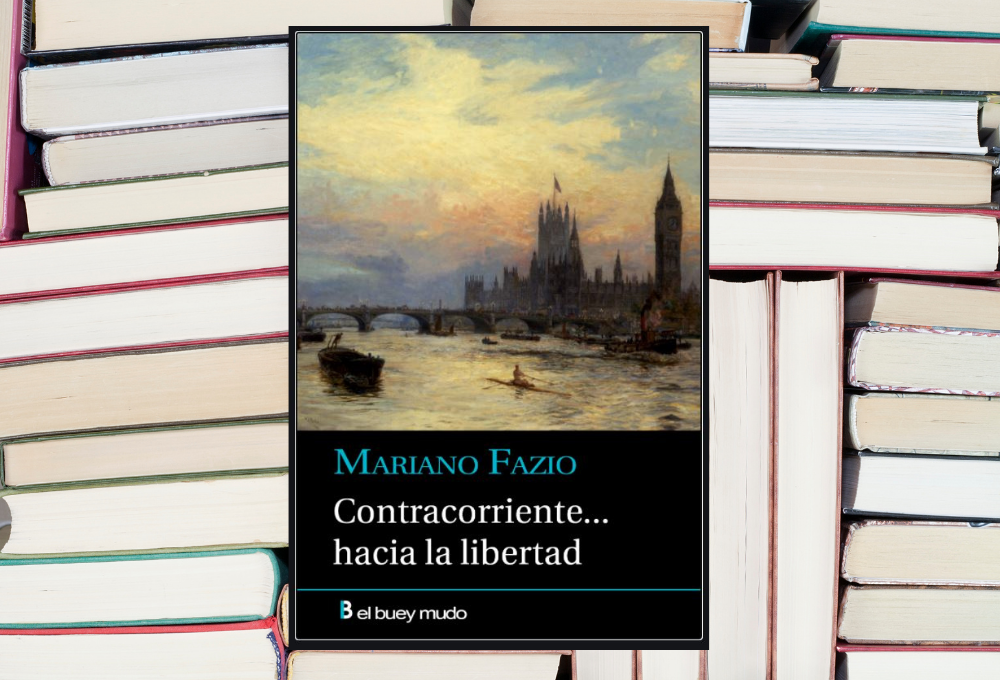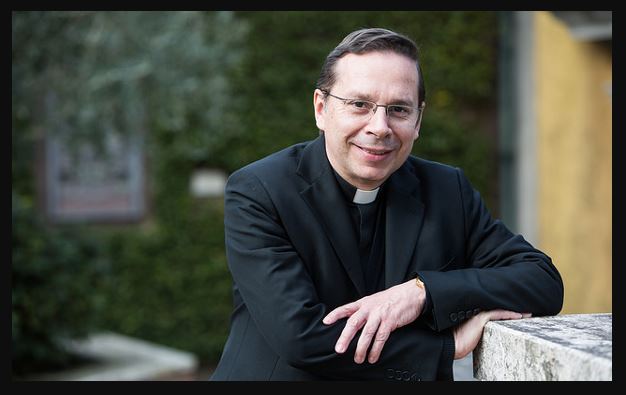
They lived in different eras, those of the Renaissance, Victorian England and the first third of the 20th century. All of them were characterized by their sense of humor, parallel to a life in which the search for truth was at the same time a look inside their consciences.
They were out of tune with some attitudes of their time, with influential tendencies in political power and society, but they did not care too much about their prestige if it could only be achieved at the cost of their conscience. They believed, in short, in the freedom of their consciences, something too important to embrace ephemeral fashions.
It is about Thomas MoreJohn Henry Newman and Gilbert Keith Chesterton, three of the most important personalities in the history of England. A country that, for reasons of state convenience, turned its back on Catholicism, but that has in these three Catholics some of its most illustrious sons and daughters.who continue to be examples for different generations.
As Erasmus said of Thomas More. In his writings we find abundant inspiration, reflection and guidance for the path of life, not so much for the ambitious but for those who become great by dint of being small, that is to say, humble.
They are examples for the common man, who is not always the common mortal. True wisdom is acquired when one leaves aside the fictions with which one pretends to build one's own life and embraces the principle of reality. These three Englishmen, who are the protagonists of the new book by Mariano Fazio, knew how to do it well.

The author of this new book, Mariano Fazio, Buenos Aires, Argentina (April 25, 1960). Priest, historian and writer. He has a degree in History and a doctorate in Philosophy. He was ordained to the priesthood in 1991 by St. John Paul II. He was rector of the Pontifical University of the Holy Cross in Rome between 2002 and 2008. He has been Vicar of Opus Dei in Argentina, Paraguay and Bolivia and, from 2014 until May 2019, he was Vicar General of the same Prelature. He is currently Auxiliary Vicar of Opus Dei.
It is presented in this work as a example of scrutinizing intelligence and determinationas depicted in a portrait by Hans Holbein the Younger. As a believer, he trusts fully in the designs of God. He is a pious man, though not of a shrinking spirit, for he practices freedom, according to his conscience, and his faith is the foundation of his joy.
All these qualities make him a man born for friendship and a loyal servant of his king, Henry VIII, who gives him his trust with tasks of responsibility. More will give the monarch much more than he receives, but he will not be able to give him, as other public servants did, the inalienable dignity of his conscience, "the most secret core and the tabernacle of man, in which he is alone with God, whose voice resounds in the innermost part of it" (Gaudium et Spes, 16).
It is a passionate seeker of truth. An Anglican clergyman in Oxford, he developed a deep spirituality that was not frequent in the official English religion, although he was linked to the Oxford movement, a current of renewal that was responding to the relativism into which the Anglican faith was falling.
It was sliding towards a path from which one could only conclude in which the existence of truth would be denied, as everyone would believe themselves entitled to be able to take and leave options at will.
Newman is also a Christian humanist, a follower of the charism of St. Philip Neri. in the Oratory, which he introduced in England when he embraced Catholicism. His was not a devotional religion, dominated by a clerical mentality, like that of other Catholics of his time. He encouraged the existence of a university, in which the label "Catholic" was not merely a label. He resisted a way of understanding Christianity, which has not yet disappeared, in which to be religious one must be ignorant, and in which, to be an intellectual, one cannot be a believer.
In the mid-nineteenth century, Newman had the audacity to aspire that lay intellectuals should be religious and devout ecclesiastics should be intellectuals.
He is, above all, a journalist, a fan of debates in which he practices the fencing of paradoxes. He feels at ease between opposing ideas, which for him are not always incompatible. Paradox does not deny reason because it is an exercise in freedom. Leason, for this writer who gradually came to Catholicism, cannot be conceived without freedom. To do otherwise would be to admit the determinism or mechanicism that he detested all his life.
However, he could see that the twentieth century, in which he developed a great literary productivity, had been moving away from reason, even though some believed that it was religion that was fading away.
Chesterton realizes that his time, and ours, is not so much a crisis of faith as a crisis of culture, in which people have been losing their confidence in reason. Nevertheless, some ideologies present themselves as saviors and display a certain attractiveness, but Chesterton recognizes that they are Christian ideas, which have gone mad.
He is, as don Mariano Fazio says, the writer of grateful amazement, someone with an extraordinary humanity and a great sense of humor, capable of understanding his fellow men better than all the apostles of deductive logic, just like one of his unforgettable characters, Father Brown, the great detective of the human soul.
Antonio R. Rubio Plo
Degree in History and Law
International writer and analyst
@blogculturayfe / @arubioplo